Believe it or not, there are precautions you can take for pet-friendly pest control. Your pet is an essential part of your home and it’s important to keep them safe, no matter what you’re putting into it.
So, what can you do? Are pest control companies even an option? Are there other approaches you can take?
We have all the answers you need. Keeping reading to learn all you need to know about pet-friendly pest control.
Is Pet-Friendly Pest Control Possible?
In short, the answer is yes.
Though some methods are friendlier than others, it’s always a wise idea to place pest control in places that your pet isn’t able to access.
It’s also best to make sure your technician is aware of any animals in the house so they can work with you on the right solution.
There Are Natural Methods You Can Use
Whatever method you use is going to depend on the type of insect you’re trying to repel. Here are a few natural methods you can use for common household pests.
Ants
Ants are a nuisance that likes to hang around during the summer months, and you may even find them in your home after it rains. Their enemy is white vinegar.
They hate the harsh smell, so spraying a mixture of equal parts white vinegar and water on baseboards, window sills, and other entry points is a great way to keep them at bay. Let the mixture sit for one hour before wiping it up, and repeat at least once a day.
The best part about white vinegar, however, is that it’s a pet-friendly cleaning solution. So you can keep ants away while also knowing your cleaning supplies won’t harm your pets either!
Mice
Mice hate the smell of peppermint, so it’s easy to soak a cotton ball in peppermint essential oil and place it around your home to act as a deterrent.
The only issue here is that the oil can cause digestive problems in cats if it’s ingested, so be sure to keep it out of reach.
Mosquitoes
Did you know that mosquitoes transmit heartworms? In fact, it’s the only way that heartworms are spread from animal to animal. Dogs are more susceptible than cats, but cats can still fall victim to these pests.
So, how can you prevent mosquitoes?
While pest control can’t guarantee that your won’t pet won’t ever contract heartworms, it can aid in the prevention of mosquitoes and their bites.
If you’d like a pet-safe pest control method use alongside any professional treatments, you can apply citrus juice and certain oils (like geranium and soybean) to your pet’s fur. It’s important to note, though, that certain essential oils may also work as repellents, but a lot of them are not good for your pet. The same goes for citronella.
Cockroaches
Cockroaches can be a nuisance no matter the time of year. They live in the walls of older apartment buildings and seem to linger in every crack and crevice of the places they’re found.
They do hate the smell of bay leaves, though. They also hate the smell of lemon.
A great thing to do is create a bay leaf powder and spread it at points of entry or other places you’ve seen them lingering. Something use you can do is add fresh lemon juice to that vinegar solution we talked about earlier.
Not only will it help keep ants at bay, but also any pesky roaches.
Ask Questions Before Hiring Any Pest Control Experts
While DIY methods are more likely to be pet-safe, they don’t always work perfectly. Due to this, calling a professional is sometimes necessary — but how can you be sure they’re pet-friendly? Here are a few questions you can ask:
- Does my pet need to leave before, during, or after treatment?
- Are your pest control treatments safe for people and pets?
- What things can I do before and after treatment to ensure the safety of my pet?
The most important thing you must remember to do is tell your technician about your pet. If they don’t know they’re there, they can’t help you keep them safe!
Know What to Do in Case of Emergency
You can take all the safety precautions in the world, but it’s still possible for accidents to happen. If they do happen, it’s important to know what your options are.
First, you need to contact poison control or get your pet to a vet. They’re going to know exactly what to do depending on how much your pet ingested.
If they ingested enough, it’s best for them to immediately be taken to in for treatment. If they didn’t ingest that much, your vet may instruct you to keep an eye on them for 12-24 hours and watch for vomiting. If vomiting starts, then you’ll need to take them in for treatment.
Each treatment is going to depend upon what they ingested, and that’s why letting a veterinarian or poison control expert know right away is going to be your best course of action.
Put Your Pets First
When you take steps towards pet-friendly pest control, you begin to put your pet first. Though DIY solutions can keep your pet safe, they don’t always keep pests permanently at bay. That’s why you should a call pest control professional today!
Remember, though, that it’s always safest to keep your pet, their food, today’s, and other belongings contained when a technician comes by to treat your home.
Let us help you keep your pets safe and home pest-free. Contact us for a free quote today.

